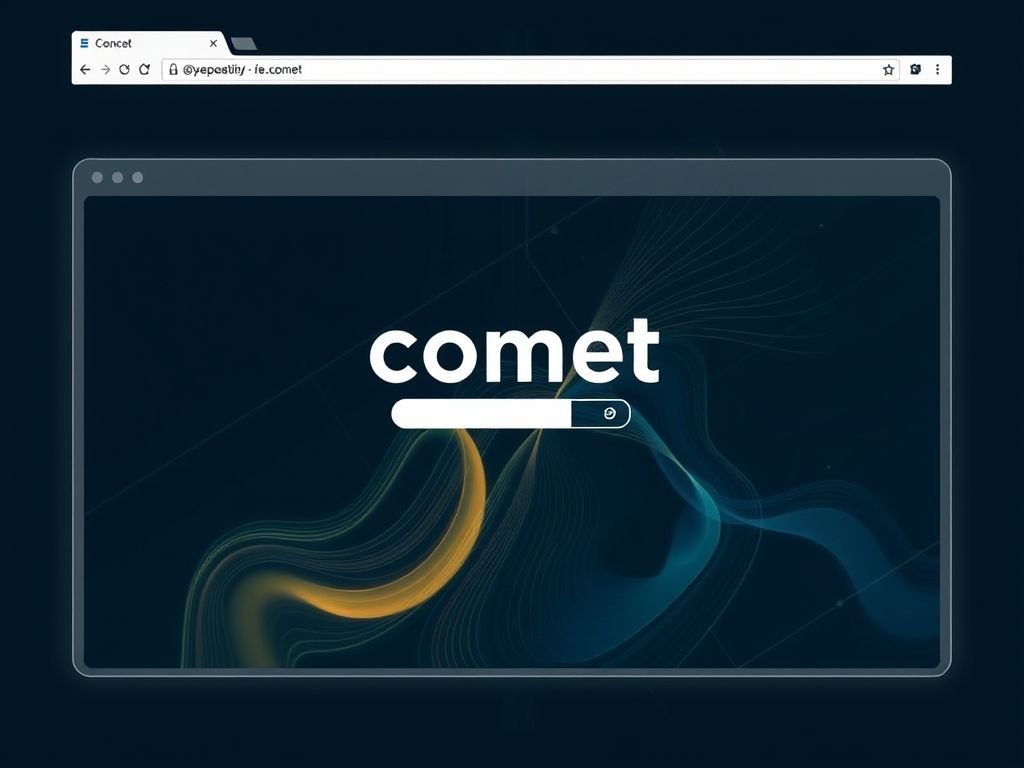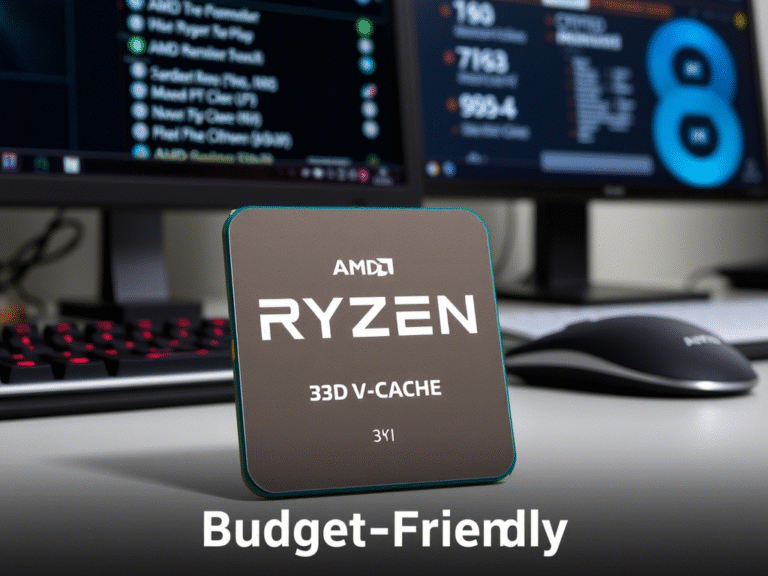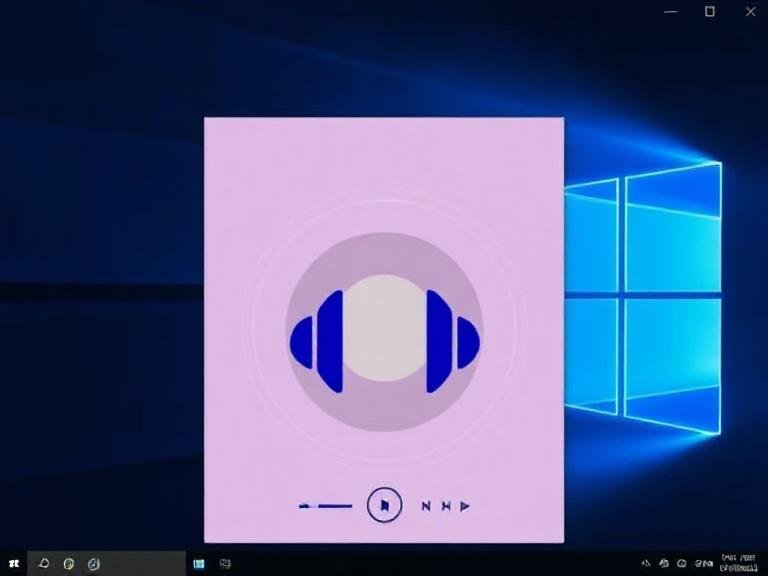
AI-Powered Browsing Gets a New Challenger: Perplexity Launches Comet on Windows
Artificial intelligence is clearly the driving force behind the next wave of tech innovation. Microsoft continues to push Copilot , Google is investing heavily in Gemini and Veo , Apple is still refining Apple Intelligence , and OpenAI remains a dominant name in the space. Amid all this competition, Perplexity has made it clear that it wants a serious share of the market too.
Back in May, Perplexity launched its Comet browser exclusively for Mac users with Apple Silicon chips. Designed as an AI-first browsing experience, Comet offered features like natural language conversations with the built-in AI model, smart email tracking (highlighting messages you haven’t replied to), and even a “Try On” feature that lets users upload a photo and see themselves wearing different outfits through AI-generated visuals.
Now, the company is expanding its reach. In a recent post on X (formerly Twitter), Perplexity CEO Aravind Srinivas announced that early testing of the Windows version of Comet has officially begun .
🚀 What’s Next for Comet?
With initial tests underway for a select group of users, the big question now is: when will Comet be available to the public? And what features will remain once the browser launches widely?
While AI-powered browsers aren’t entirely new — Opera recently introduced Neon as the first “AI agentic” browser — Perplexity’s approach brings a fresh perspective to how we interact with information online.
Still, there are concerns surrounding the company’s growing ambitions. Recently, Perplexity faced significant backlash after announcing plans to track user behavior across the web to serve hyper-personalized ads. The UK’s BBC also threatened legal action over allegations of unauthorized content scraping — issues that could impact how users view the company’s future offerings, including Comet.
The arrival of Comet on Windows marks a major step forward for Perplexity as it tries to carve out a space in the crowded AI landscape. Whether it can differentiate itself from competitors while addressing growing privacy and ethical concerns remains to be seen.
For now, Windows users can keep an eye out — the future of AI-driven browsing might soon be coming to their desktops.





